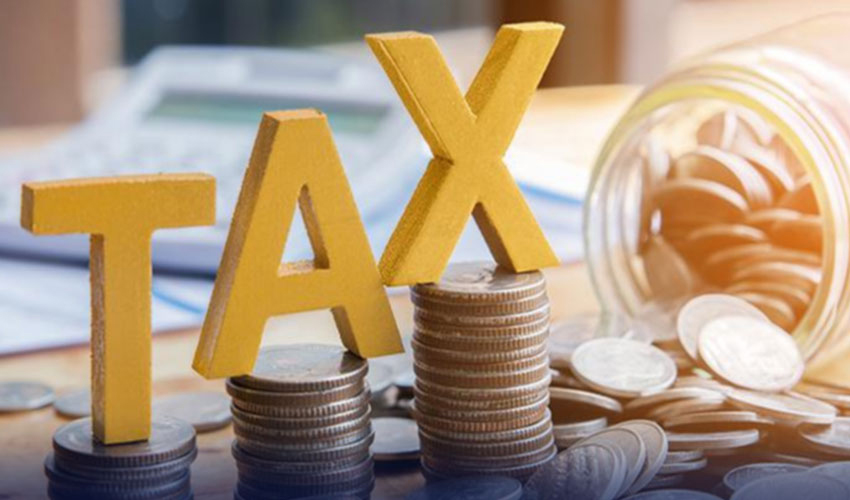In a bid to navigate potential shortfalls in the annual tax target, the caretaker government has devised a contingency plan, contemplating a mini-budget with strategic tax measures. The government expects to earn over Rs 18 billion per month from these measures.
The contingency plan includes imposing an additional tax of Rs 5 per kg on sugar, raising the GST rate on textile and leather products to 18 percent, and further increasing the tax on import of machinery and raw materials. Additionally, considerations include augmenting taxes on the import of machinery, raw materials, supplies, services, and contracts.
In addition, the government plans to increase its tax and petroleum development levy target for next financial year. It aims to set a target of Rs 11,000 billion next year, up from the current target of Rs 1590 billion. The government also plans to increase the Petroleum Development Levy annual target from Rs 918 billion to Rs 1065 billion. This will result in an additional levy of Rs 49 billion this year and Rs 147 billion next year.
The caretaker government has shared this plan with the International Monetary Fund (IMF) as part of its efforts to secure a bailout package. The IMF has previously expressed concerns about Pakistan's fiscal deficit, and the government is hoping that these tax increases will help to narrow the gap.



























